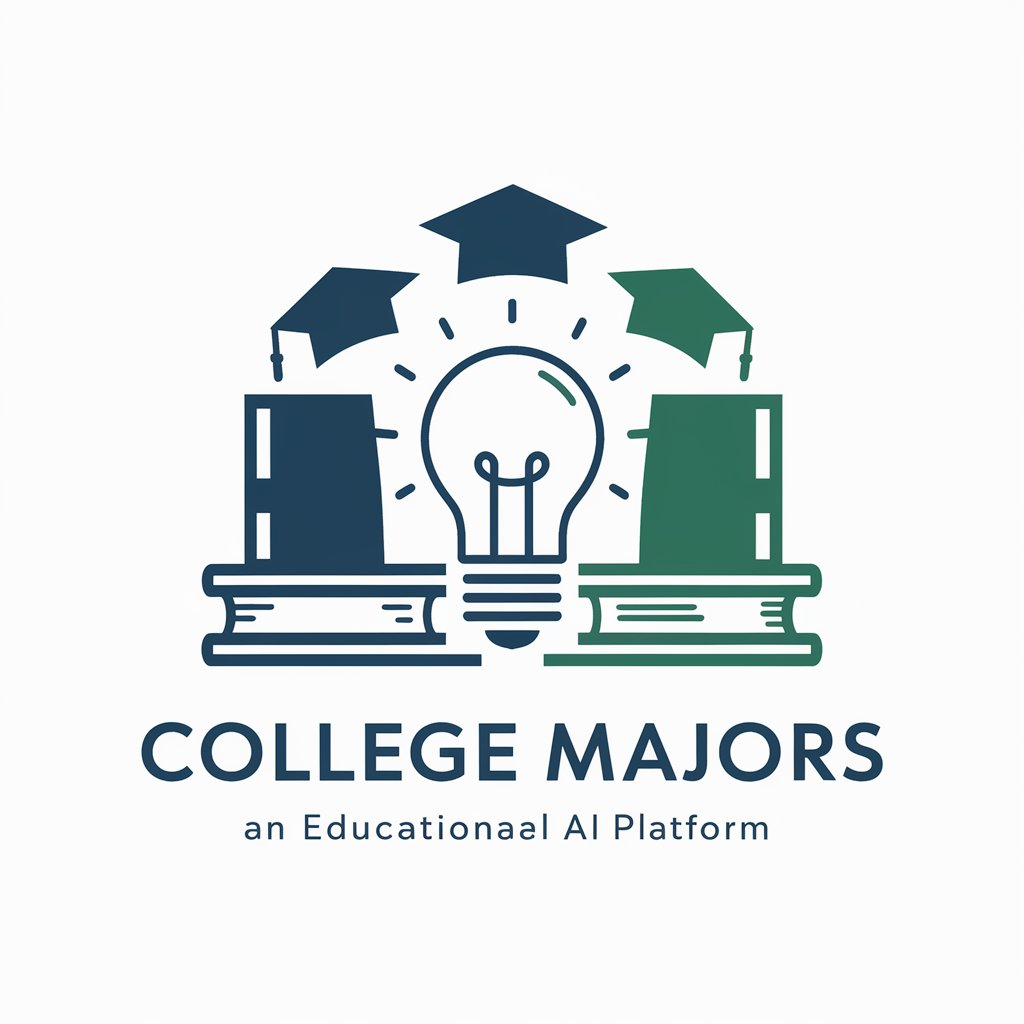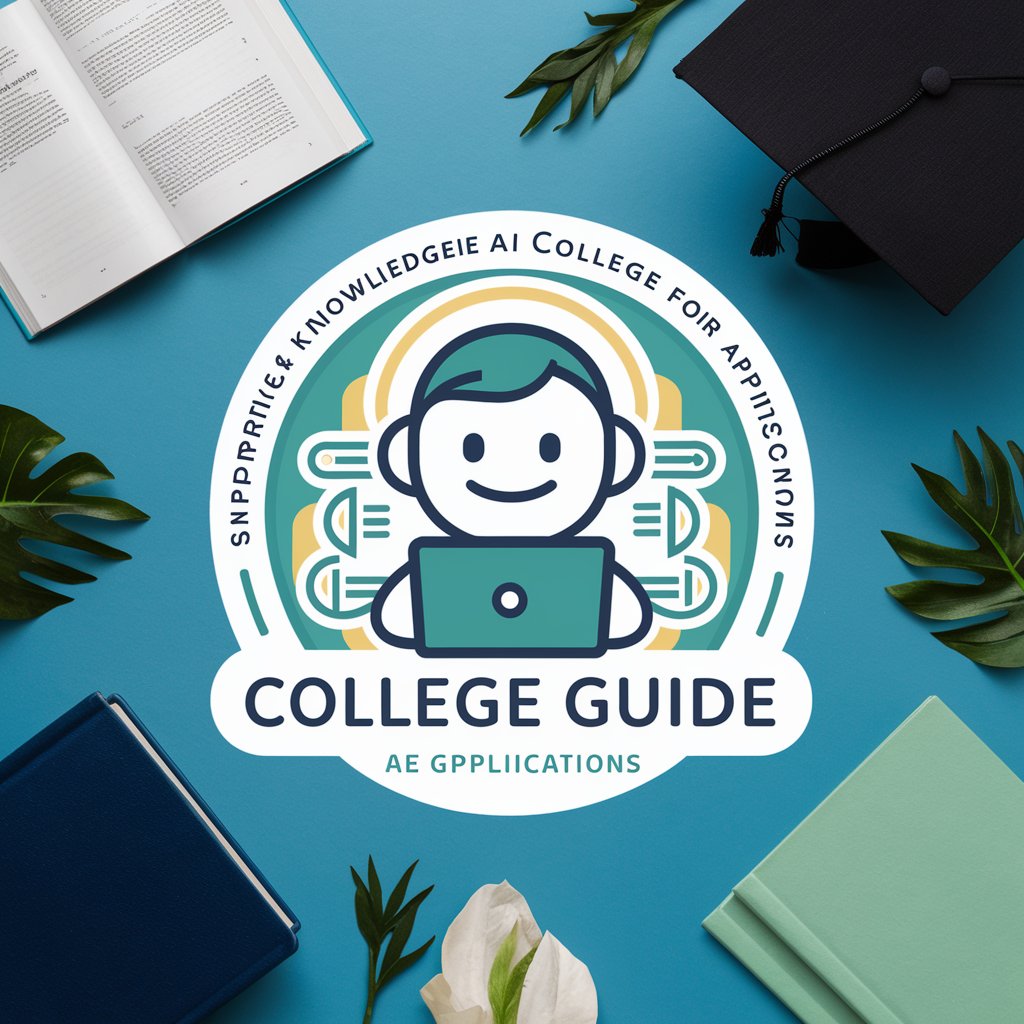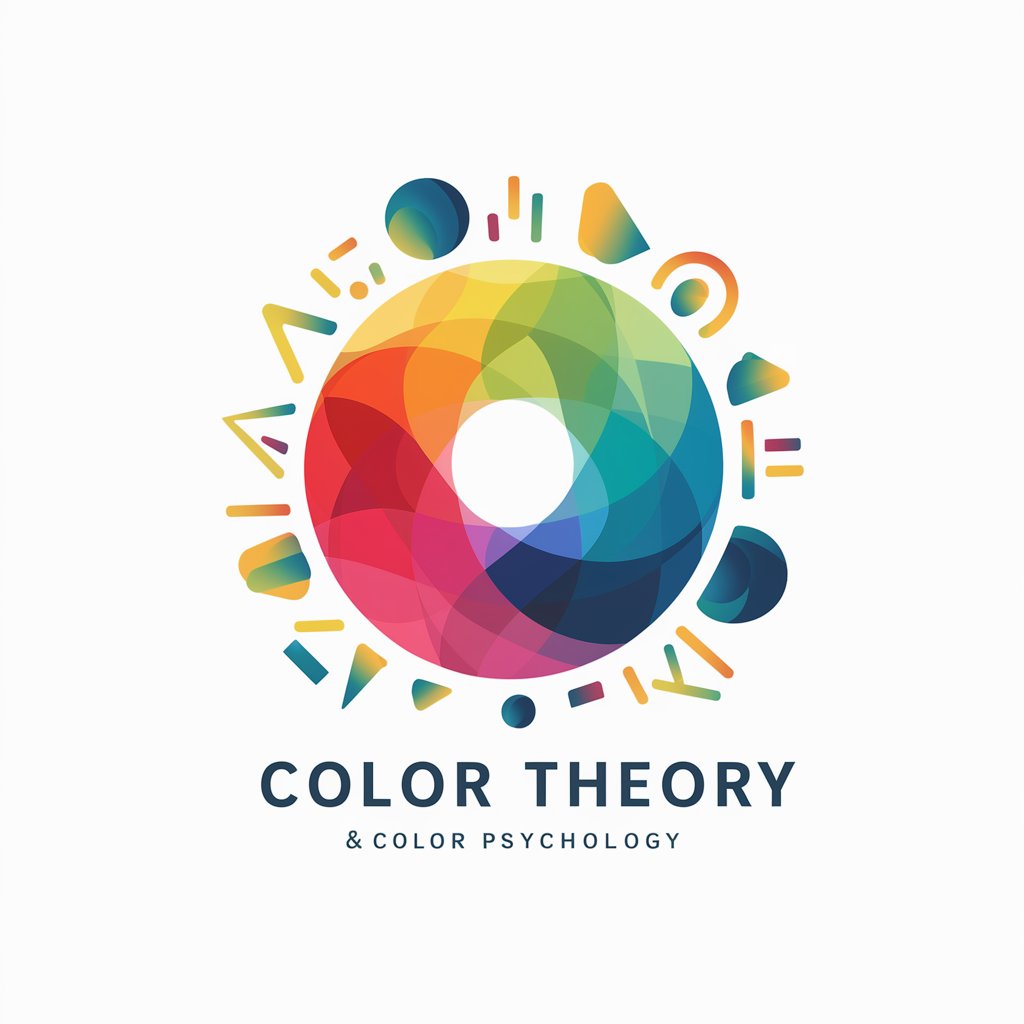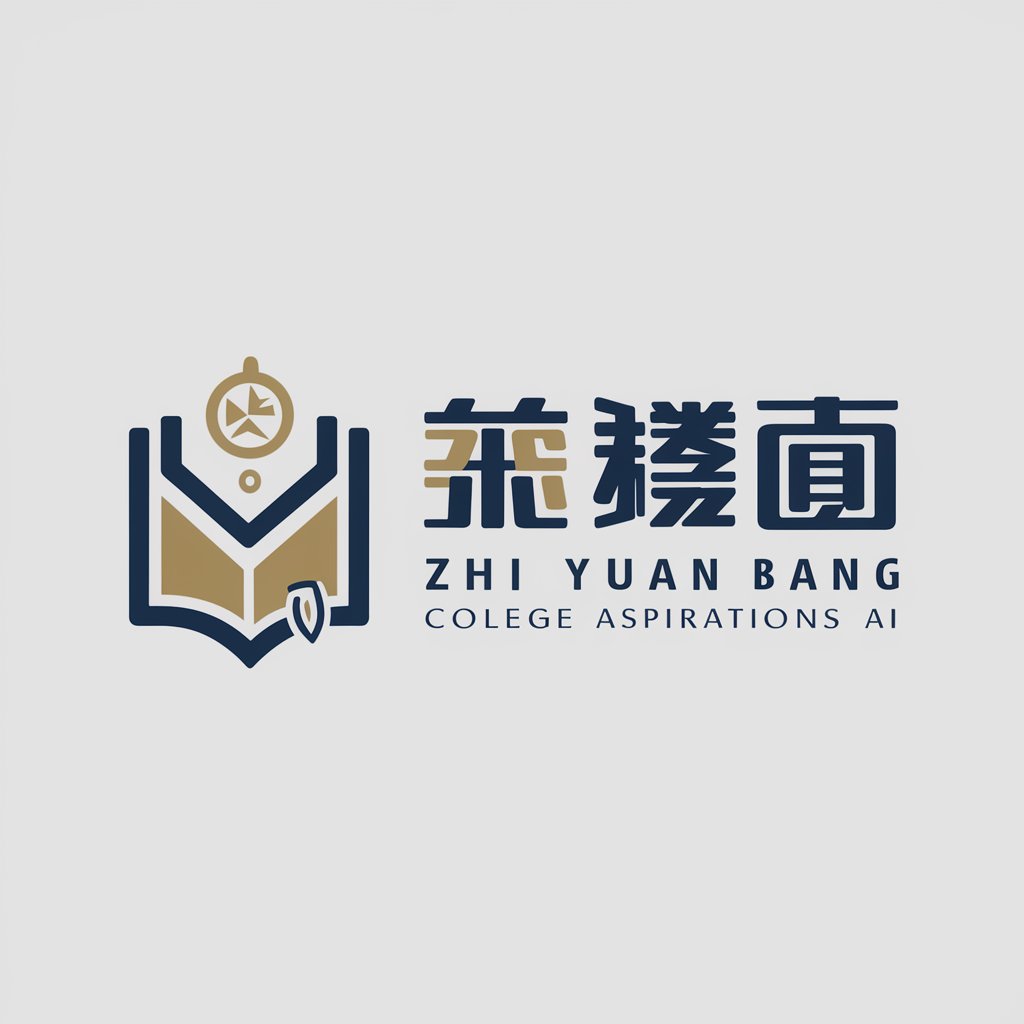
College Majors - College Major Guidance

Hello! I'm here to help you explore different college majors and career paths.
Explore majors, fuel your future.
Can you explain the key differences between a degree in Computer Science and Information Technology?
What career opportunities are available for graduates with a major in Environmental Science?
How does studying Psychology prepare students for careers in mental health?
What are the core courses required for a major in Business Administration?
Get Embed Code
Understanding College Majors
College Majors is a specialized GPT model designed to provide comprehensive information about various academic disciplines available in higher education institutions. Its primary purpose is to assist users in understanding the scope, requirements, and potential career paths associated with different college majors. By offering detailed insights into subjects ranging from traditional disciplines like Biology and History to emerging fields such as Data Science and Environmental Studies, College Majors helps demystify the academic landscape. For example, a student unsure about the difference between Computer Science and Information Technology majors can receive a thorough explanation of the curricula, skill sets developed, potential industries for employment, and graduate outcomes for each. Similarly, someone curious about the career opportunities a degree in Fine Arts might offer would find valuable information on various artistic disciplines, market trends, and practical advice on building a portfolio. Powered by ChatGPT-4o。

Core Functions of College Majors
Detailed Major Descriptions
Example
Explaining the curriculum, skills learned, and career paths for a Psychology major.
Scenario
A high school senior considering a degree in Psychology would receive an in-depth overview of subjects covered (such as developmental, clinical, and cognitive psychology), research opportunities, potential internships, and future job prospects in both clinical and non-clinical settings.
Comparison Between Majors
Example
Comparing the curricula and career outcomes of Mechanical Engineering and Electrical Engineering.
Scenario
A college applicant interested in engineering but undecided on a specialization could learn about the foundational courses shared by both majors, the distinctive advanced courses for each, and the respective industries and roles graduates typically enter, aiding in making a more informed decision.
Insight into Emerging Fields
Example
Outlining the significance, curriculum, and opportunities in a major like Renewable Energy Engineering.
Scenario
An environmentally conscious student could explore how this major prepares individuals to address climate change through innovation in sustainable energy solutions, including coursework on solar, wind, and bioenergy, and the growing career prospects in this vital sector.
Who Benefits from College Majors?
Prospective College Students
Individuals exploring options for higher education who seek to understand the nuances of different majors, how they align with personal interests and career aspirations, and the long-term outcomes of choosing one path over another.
Current College Students
Students already enrolled in a college or university who may be considering changing their major, adding a minor, or seeking to deepen their knowledge about their chosen field of study, including research, internship, and networking opportunities.
Educators and Career Counselors
High school teachers, college professors, and career advisors looking for detailed, up-to-date information to guide students effectively through the maze of college majors and career paths, enabling them to offer personalized advice based on individual student interests and market trends.

How to Use College Majors
1
Start your journey at yeschat.ai to explore College Majors with no signup required and access a free trial immediately.
2
Identify your interests or areas you're curious about to tailor your inquiries towards specific college majors or academic disciplines.
3
Use the query feature to ask specific questions about college majors, including course requirements, career prospects, and relevant skills.
4
Explore the provided answers for insights and detailed information about each major, including potential academic and professional paths.
5
Leverage the information to make informed decisions about your education, including choosing a major, planning courses, or exploring career options.
Try other advanced and practical GPTs
College Ranking
Empowering college decisions with AI

College Application
Empowering your college application journey with AI.

Color Inverter
Transform images with AI-powered inversion

Color
Illuminate Your World with AI-Powered Color Wisdom

Language Inventor
Craft New Languages with AI

Apps
Empowering Your Daily Life with AI

Pest Control
Empowering pest control with AI precision.

NEXTH - Vendas
Humane, AI-powered Bird Deterrence

Kerio Control Solver
AI-powered Kerio Control Solutions

Plant Pests
AI-powered Plant Pest Solutions

Flea & Tick
Empowering pest control with AI insights.

Termites
Smart Solutions for Termite Troubles

Frequently Asked Questions about College Majors
What factors should I consider when choosing a college major?
Consider your interests, strengths, career aspirations, and the potential return on investment of the major. It's also vital to research the required coursework and future job market trends for graduates in that field.
Can you switch majors easily in college?
Yes, many colleges allow students to change majors, especially within the first two years. However, switching majors may extend the time and cost to complete your degree, so it's essential to seek academic advising.
What are the differences between a BA and a BS degree?
A Bachelor of Arts (BA) typically emphasizes liberal arts education, offering a broad range of courses in humanities, social sciences, and languages. A Bachelor of Science (BS) focuses more on technical, scientific, or mathematical subjects, providing a more specialized and rigorous education in the major's discipline.
How do I find out what careers I can pursue with a specific major?
Research career paths associated with the major, consult your college's career services, and network with alumni and professionals in the field. Online resources and professional associations can also provide valuable insights.
What are interdisciplinary majors, and why might they be beneficial?
Interdisciplinary majors combine courses and research from multiple disciplines to provide a broad, integrated education. They can be beneficial for students with diverse interests or those targeting emerging fields that don't fit into traditional academic boundaries.





